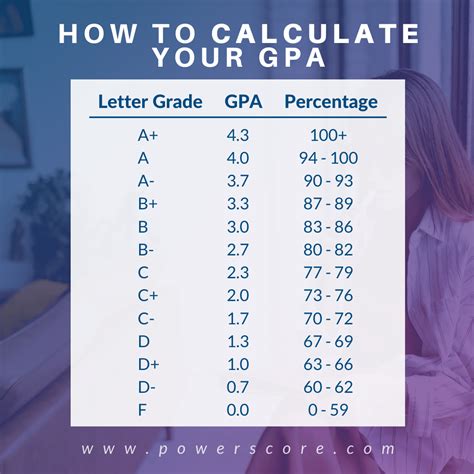Valdosta State University (VSU), a public institution in Valdosta, Georgia, offers a wide range of undergraduate and graduate degrees. As a prospective student, understanding VSU’s GPA requirements is crucial for planning your application strategy. This article provides a comprehensive guide to the university’s GPA requirements for admission and scholarship opportunities.

Undergraduate Admission Requirements
Freshman Applicants:
For freshman applicants, VSU requires a minimum high school GPA of 2.5 on an unweighted 4.0 scale. This requirement applies to both in-state and out-of-state applicants.
Transfer Students:
Transfer students with at least 12 transferable credit hours must have a minimum cumulative GPA of 2.5. Students with less than 12 transferable credit hours are subject to the freshman admission requirements.
Graduate Admission Requirements
Master’s Degree Programs:
Most Master’s degree programs at VSU require a minimum undergraduate GPA of 3.0 on a 4.0 scale. However, some programs may have higher GPA requirements.
Doctoral Degree Programs:
Doctoral degree programs at VSU typically require a minimum Master’s GPA of 3.5 or higher.
Scholarship Requirements
VSU offers a variety of merit-based scholarships for incoming freshmen and transfer students. These scholarships typically consider academic merit, extracurricular involvement, and financial need.
Freshman Merit Scholarships:
- Presidential Scholarship: Requires a high school GPA of 4.0 or higher and an SAT composite score of 1400 or higher (ACT equivalent: 32).
- Blazer Scholarship: Requires a high school GPA of 3.8 or higher and an SAT composite score of 1250 or higher (ACT equivalent: 29).
- Honors College Scholarship: Requires a high school GPA of 3.7 or higher and an SAT composite score of 1200 or higher (ACT equivalent: 27).
Transfer Merit Scholarships:
- Transfer Honors Scholarship: Requires a minimum college GPA of 3.5.
- Transfer Academic Scholarship: Requires a minimum college GPA of 3.0.
How to Improve Your GPA
If your current GPA does not meet VSU’s requirements, you can take several steps to improve it before applying:
- Focus on Rigorous Courses: Take challenging courses that will help you build your academic skills and demonstrate your ability to handle a rigorous workload.
- Attend Class Regularly: Missing classes can result in missed opportunities to learn and earn points towards your grade.
- Study Effectively: Develop effective study habits and seek help from professors or tutors when needed.
- Participate in Class: Engage in class discussions, ask questions, and contribute to your classmates’ learning.
- Manage Your Time Wisely: Prioritize important tasks and create a study schedule that allows you to stay on top of your coursework.
- Seek Tutoring: If you are struggling in a particular subject, consider seeking tutoring from a professor, tutor, or peer.
Frequently Asked Questions (FAQs)
1. What is the average GPA of admitted students at VSU?
The average high school GPA for admitted freshmen is between 3.0 and 3.5.
2. Do I need to submit standardized test scores for admission?
Standardized test scores are not required for admission, but they can strengthen your application if your GPA is below the minimum requirement.
3. Can I apply for a scholarship even if I don’t meet the GPA requirement?
Some scholarships consider factors other than GPA, such as extracurricular activities or financial need.
4. How can I track my scholarship application status?
You can check the status of your scholarship application by logging into your VSU account and clicking on the “Financial Aid” tab.
5. What is the deadline for applying for scholarships?
Scholarship deadlines vary depending on the specific scholarship. Check the VSU website for specific deadlines.
6. Can I appeal my admission decision?
Yes, you can appeal your admission decision if you believe there are extenuating circumstances that have impacted your academic record.
Conclusion
Meeting Valdosta State University’s GPA requirements is an important step in the admissions process. By understanding the requirements, improving your GPA if necessary, and applying for scholarships, you can increase your chances of being accepted and securing funding for your education. Remember, hard work, dedication, and a strong academic foundation will pave the way for a successful college experience.
